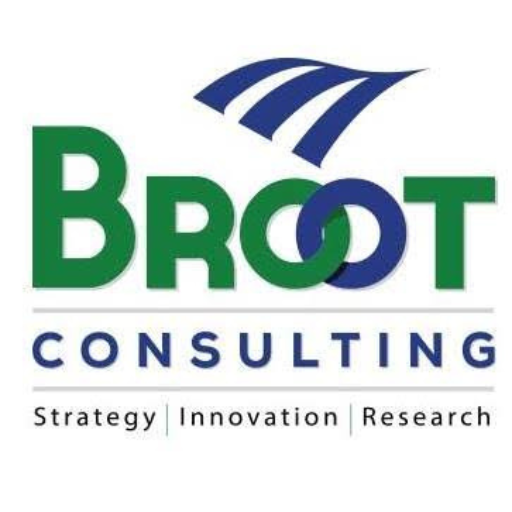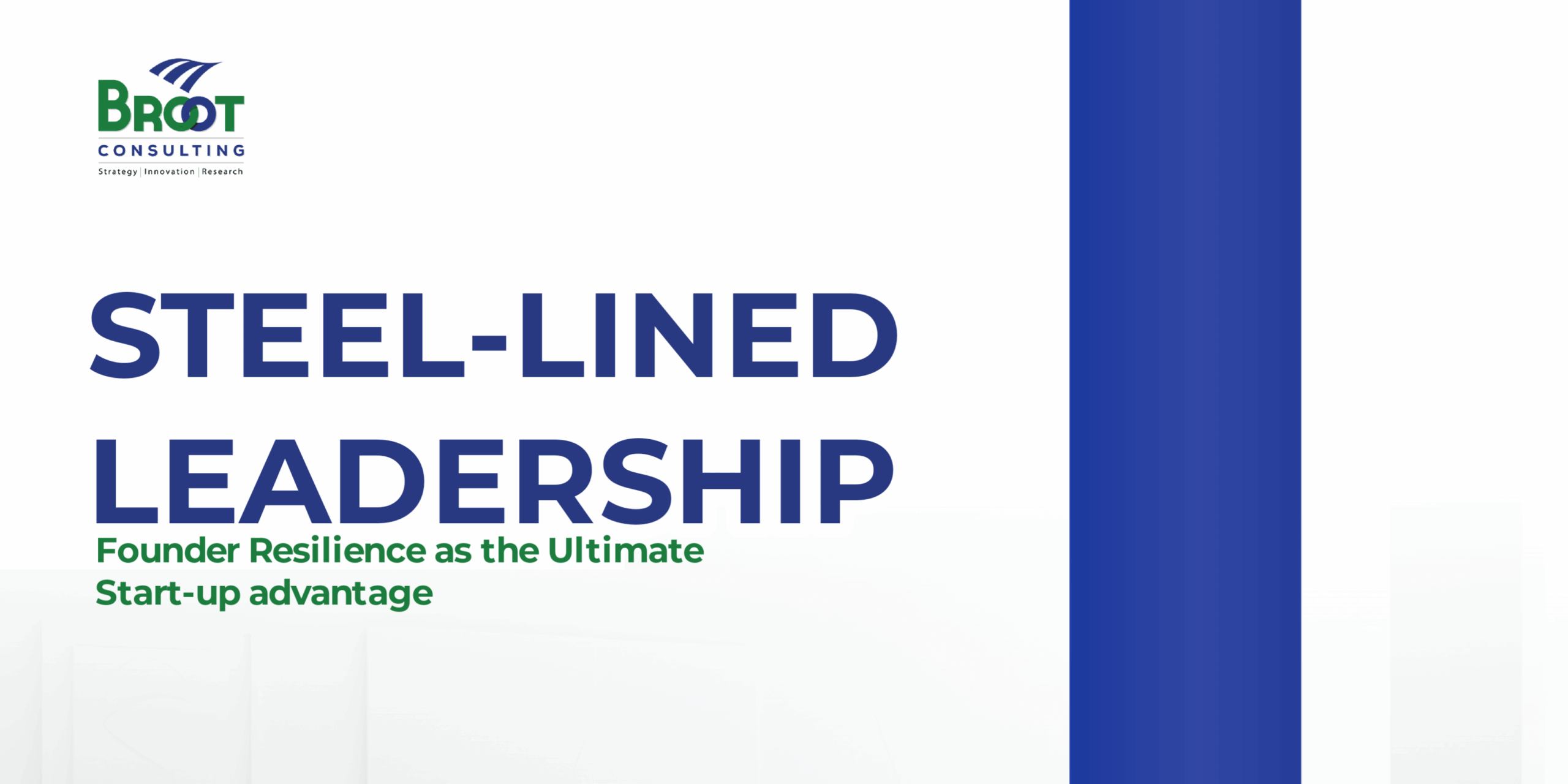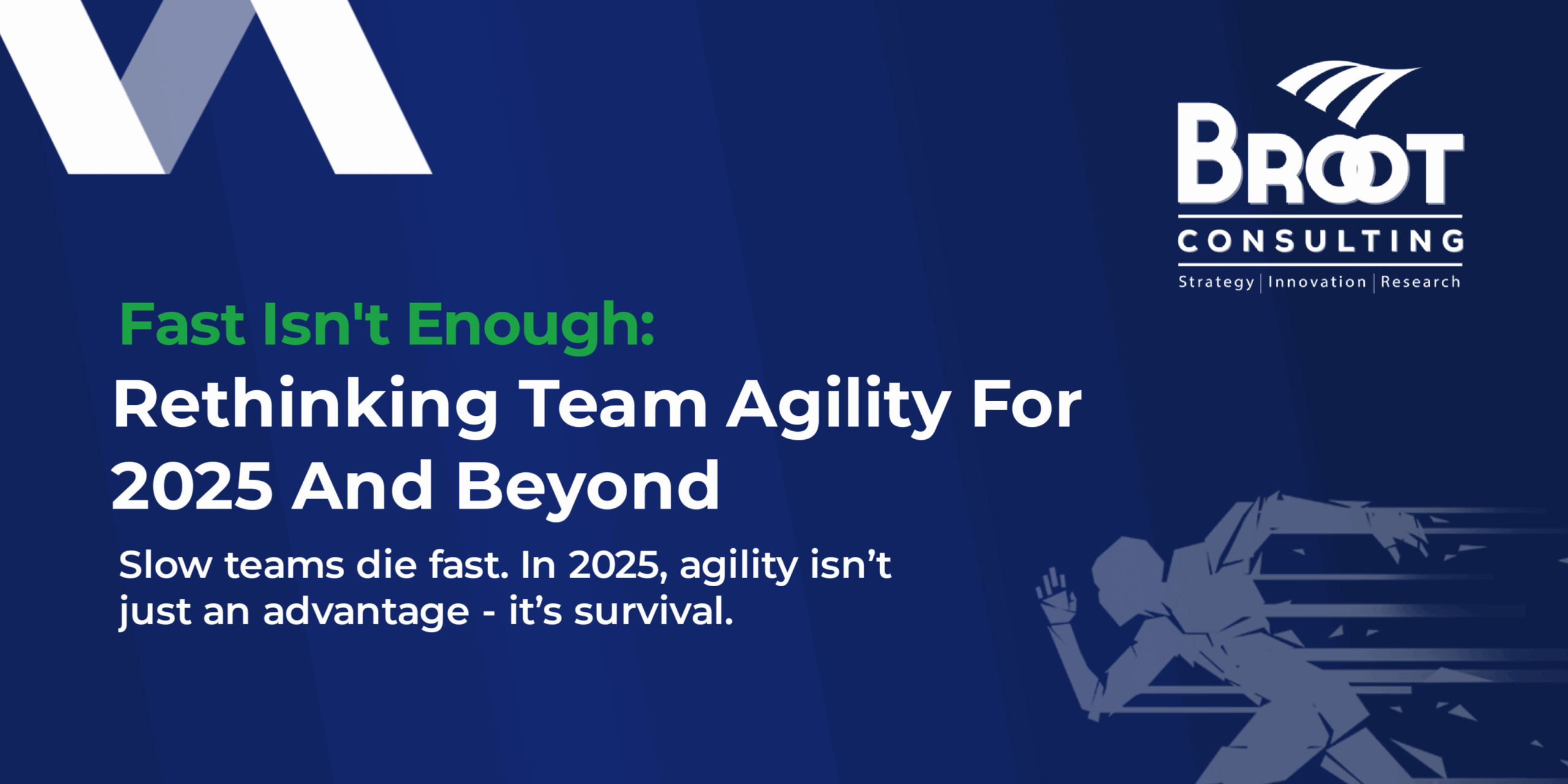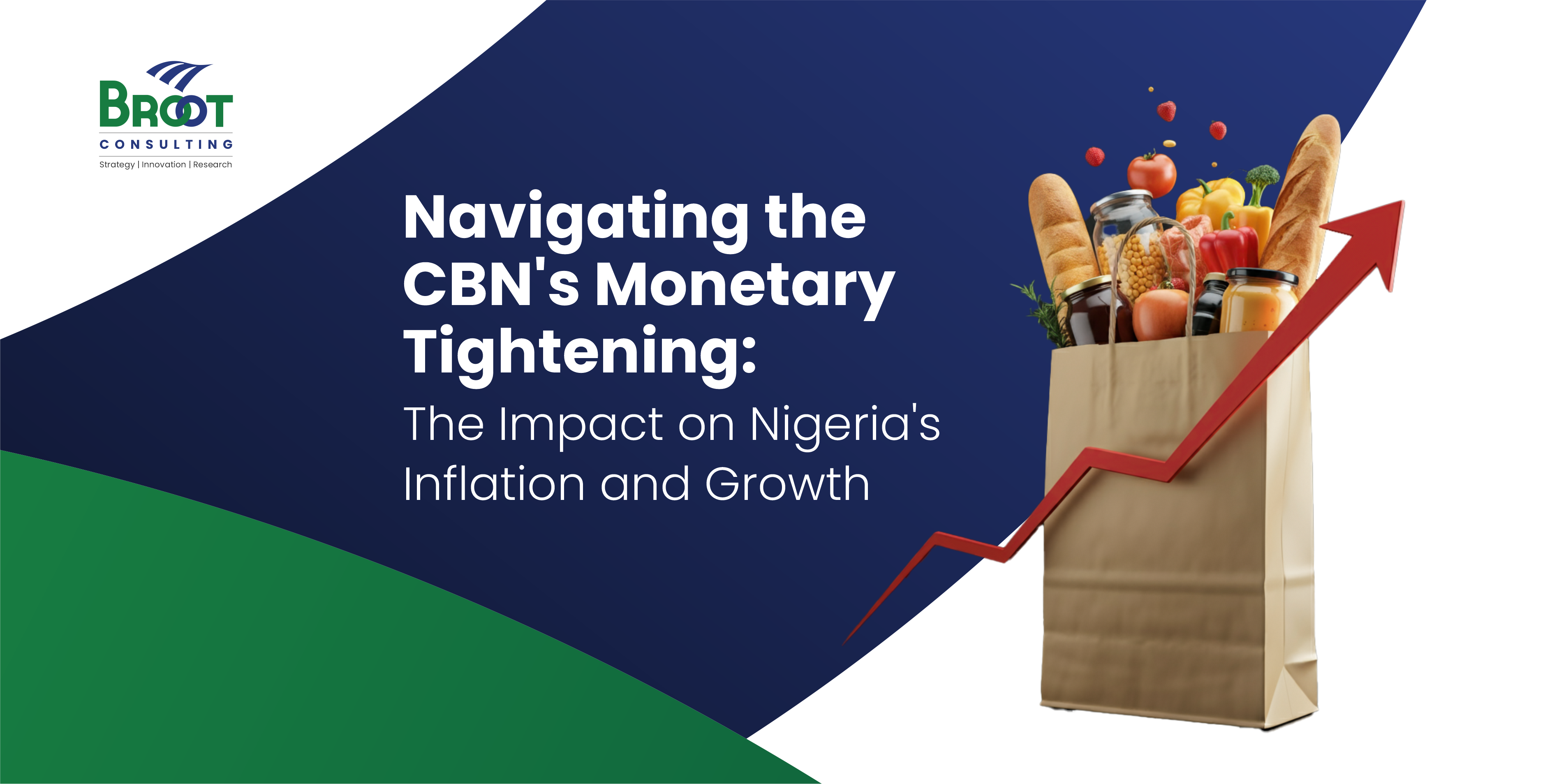The May 2017 announcement by the President of Purdue University to acquire Kaplan university is one of the most radical moves in America higher education sector. It was a bold and an unusual move for two reasons;
- Purdue University is a public and not-for profit institution, while Kaplan is Private and for profit Institution.
- Purdue is a brick and mortar University, while Kaplan is an online University.
Alana Dunagan, a Research Fellow at the Clayton Christensen Institute, described the venture as unexpected, unconventional, smart and a rare attempt at self-disruption.
Innovation ingenuity continues to evolve across multiple industries and as can be seen above, continuous disruption is not a respecter of industry or business model. The advancement in knowledge in the age of disruption should spur every business to develop a sound Innovation philosophy and reject a myopic ego-boosting status quo. when business leaders understand Innovation as an activity for a significant social change then a culture of innovation is expected to be ingrained in the organisation. The disruptive stories should compel leaders to come to grips with the way the world now works, unfortunately, as Christensen observed, some of the highly established and successful businesses failed because rather than embrace the change their manager chose to ignore it or fight the change.
The leaders of higher education have been adjudged to be complacent, with many believing that there institution is too big to fail. However, a new Business model that make cost and student time flexible may be the new threat to the existing model in the industry.
In this article I compared the state of Nigeria higher education with the changing landscape in higher education
Knowledge not translating into Risk seeking values
The Nigerian educational sector requires an intensive structural rehabilitation.
Speaking at Federal Executive Council special retreat on the need to pursue pragmatic solutions to the educational decay in Nigeria, The Nigerian President said that,
“The state of education in Nigeria calls for a grave concern…the problem is no longer a secret that the quality of education in Nigeria requires greater attention and improvement. That our country is facing numerous challenges in education and all other sectors because of historical abuses, mindless impunity and corruption is not news to anyone. “With an estimated 13.2 million children out of school, high illiteracy level, infrastructural deficit and decay, unqualified teachers, and inadequate instructional materials, to mention some of the challenges, we can see the effect of decades of neglect that the education sector has suffered” Nov,]., 2017.
The Changing Landscape: Innovation in Higher education:
Many countries in the world are thinking futuristic; experts believe that year 2030 is a determinant year, hence the need to do away with moribund technologies (e.g. Cobol) and policies in education. and concentrate on more impacting innovative technologies. Different schools in the world are building student capacity for the changing world and are innovatively re-engineering institutional structure from pre-school to graduate level by starting an online courses, collaborating with different partners, outsourcing services for efficiency in the quest to build relevant skills for this age.
India the most populous nation on earth introduced several methodologies in advancing inclusive and creative learning “flip classroom.” This system has been used around to globe (e.g Malaysia and USA) to change traditional learning. John Bergmann and Aaron Sam, developed this teaching methods and described it as a pedagogical approach in which direct instruction moves from the group learning space (classroom) to the individual learning space (the student home), and the resulting group space is transformed into a dynamic, interactive learning environment where the educator guides as they apply concepts and engage creatively in the subject matter. In such a method, teachers provide resources to students to review before they come to class, and the prior knowledge is used either for class discussions or activities. Quite often, these are in the form of video lectures, either created by the teacher themselves or curated from one of the many popular lecture videos freely available online.
In bridging shortage of expertise, South Korea, adopted “telepresence” robot that help their kids to attend school while in the comfort of the homes. A cue can be taken either from “flip- learning or “telepresence” or adopting and adapting technological possibilities that bridges gaps in areas of expertise, close the divides in education so as to facilitate an inclusive education, functioning skills programmes to curtail the increase unemployable graduates and provide learning skills for competitive advantage.
At Gems modern Academy in Dubai, classrooms and labs are connected to a super-high-speed-fiber optic network; science lessons are delivered on a 3D platform, this enable students learn beyond abstraction which sometimes are difficult to understand in the traditional classroom setting. Innovative technology transformed a failing school (Essa Academy) into one of the high-achieving schools in Bolton, England. The school gives iPad and equip the classroom with a cutting-edge digital projector; this helped students to be creative with strong sense of curiosity that engages the mind. Smart technologies is available in Nigeria but what may be lacking is the commitment and manpower to leverage on the incredible dynamisms.
Key Insights into the future
It is projected that by 2030, over 90% of all libraries will offer premium services as part of their business model; and by the same year 50% of all traditional college will collapse paving the way for an entirely new education industry to emerge, and there will be surge of Micro colleges with each requiring less than 6 month training and apprenticeship to switch profession. More frightening is that experts believe that by 2030, 825 million children will reach adulthood without basic secondary level- skills It has also been anticipated that it will take a century for-the most marginalized youth to achieve the quality of education that the wealthiest enjoy today. Winthrop, Barton and McGivney of Brookings Institution also pointed out that the projection did not cover range of skills and competence needed to thrive in work, citizenship and life. In a world where the ability to manipulate knowledge and information, think critically, and collaboratively, solve problems are essential to thrive, access to a quality education is crucial for all young people. —With this crisis reality of educational prognosis and the continuous widening gap in the world, there is the need to chart a new path to achieve rapid, equitable educational progress across Nigeria.
Way forward
In the innovator’s dilemma, Christensen observed that companies stumbled for different reasons: bureaucracy, arrogance, tired executive blood, poor planning, short-term investment horizons, inadequate skills and resources, or just plain bad luck. The administrators, entrepreneurs in the Nigeria educational sector need to radically evaluate their business model, identify the strategic conundrum in which they find themselves, and accurately assess their organization’s capabilities to compete on entirely new terms.
-
- The educational entrepreneurs should restructure and recalibrate towards serving the unserved population. They should take advantage of the opportunities in skills inequality and uncertainties, and educate their student with a broad suite of skills that goes beyond traditional academic competencies.
- Government must partner with non- state actors; these collaborative efforts must strengthen capacity for innovative learning model and simultaneously reorient educational structure that will prepare the youth for the future.
- Beyond innovative technology, educational innovation must be seen in processes, service, programs and partnership. Thus, innovation intervention must cut across: improved learning, equity and systems; ability to solve a real problem in a simple and straightforward way; and match the scale of the problem it is trying to explain.
- An intense cultivation of a breadth of skills for children and youth to compete in the 21st-century economy. A delivery challenge that repositions for employment opportunities and built innovative opportunities at all level.
- Expansion and strengthening of education workforce: education system should be diversified and expand teachers’ role to facilitators of learning rather than transmitters of content. Tools that readily engage and simultaneously assess students while encouraging critical thinking should be provided and encouraged.
Dr Rachael Oluseye
Director of Insights and Research, BROOT Consulting




